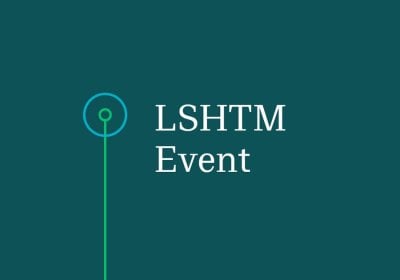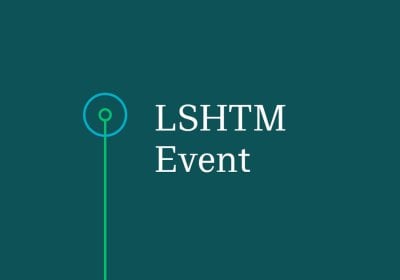How is Australia responding to calls to allow medical uses of cannabis?
There is reasonable evidence that THC, the active ingredient in cannabis, is moderately effective in treating nausea and vomiting and in stimulating appetite adversely affected by disease or medical treatment. There is also some evidence that cannabinoids are effective in treating acute and chronic pain and in relieving some of the troubling symptoms of multiple sclerosis.
An oral synthetic THC (dronabinol) and a synthetic cannabinoid, nabilone, have been approved for medical use in the USA and UK respectively. But these drugs have not been widely used because patients have found it difficult to achieve therapeutic benefits without experiencing unacceptable side effects. Australian governments have responded to increased advocacy for patients to use cannabis for medical purposes by legislating to allow the use of cannabis under special access schemes pending the results of clinical trials.
In this talk, I discuss the following questions that Australian Governments (state and Federal) are now wrestling with:
- For what medical conditions should patients be allowed to access medicinal cannabinoids or cannabis for medical purposes in Australia?
- Should Australia follow the example of some US states that allow patients to use cannabis to treat a wide variety of symptoms in the absence of evidence of safety and efficacy?
- How should the issue of medical cannabis supply be addressed?
- What ethical and other policy issues are raised by the creation of special access schemes for medical cannabis?
- How do medical cannabis policies relate to and interact with the policy debate about whether to legalise recreational cannabis use by adults?


